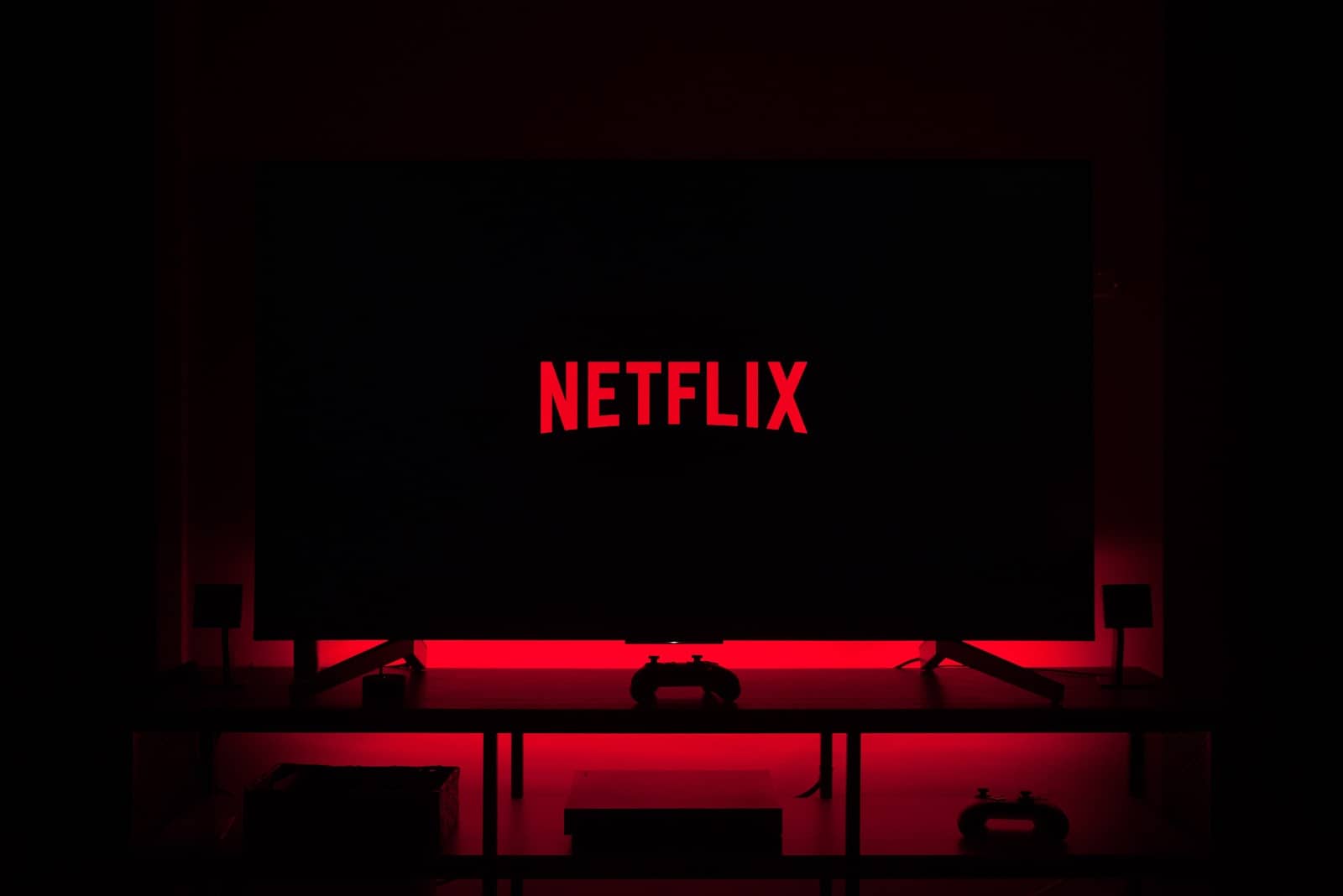Last year, Disney entered the streaming service deluge, becoming one of the 200+ services available to people. Where do you even begin to decide which services to subscribe to? We like choice, but is an overabundance of it bad for us?
Then there is the problem of actually choosing to view a title on any given service.
Pete Davis in a 2018 commencement speech described a phenomenon with which most of us are familiar. That experience of turning on Netflix late in the evening and browsing through the seemingly endless number of options the streaming service offers for my viewing pleasure. I see one movie that seems interesting, but I think to myself, “there is probably something better,” and I continue browsing. This becomes an endless pattern of failing to pick a film or tv series. Finally, after thirty minutes of browsing and tabbing possible options, I realize I’m too tired to watch anything and I go to bed. Pete Davis thinks this is the defining characteristic of our generation. It is described by some as “Netflix Syndrome.”
Netflix Syndrome is not new to our generation.
Sylvia Plath described something similar in her metaphor of the fig tree. The metaphor goes that a person sits beneath a fig tree and sees all the options available to them in life, but they find themselves unable to choose. For in choosing one, one must renounce all of the rest. Eventually, the figs begin to drop to the ground and wither away.
Psychologist Dr. Barry Schwartz wrote an entire book on a phenomena that is akin to this modern ailment titled The Paradox of Choice. Dr. Schwartz was inspired by sociological studies that found more choices in the marketplace may actually paralyze a person as they are overwhelmed by the selections available. His conclusion: more is not always better. I agree with him.
The number of choices one has is not necessarily the primary problem. The problem is the reaction we have once we have made a choice, for making one choice is making a thousand renunciations. We can be tempted to constantly think about ‘what could have been’ and lose our sense of the gifts that are present to us in the decisions we have made. Jesus says, “he who puts his hand to the plow and looks back is not fit for the Kingdom of God.” It strikes me that Jesus is talking about a person who makes the choice to follow Him but is constantly distracted by thinking about what they left behind. Our lives are always before us, and a mark of maturity is being able to accept the past as past.
Pope Francis frequently encourages young people to make definitive choices without fear. He exhorted young people at World Youth Day in 2013,
“[People] say that it is not worth making a lifelong commitment, making a definitive decision, ‘for ever’, because we do not know what tomorrow will bring. I ask you, instead, to be revolutionaries, I ask you to swim against the tide; yes, I am asking you to rebel against this culture that sees everything as temporary and that ultimately believes you are incapable of responsibility, that believes you are incapable of true love.”
Pope Francis is encouraging people to abandon themselves to divine providence, trusting that “all things work for the good for those who love the Lord.” 1 Choosing to make lifelong commitments means recognizing that happiness is not attained in keeping our options open. True fulfillment comes from giving ourselves over to something. It is imitating Christ in his ‘kenosis’, or self-emptying, that we allow God to act in us and through us.
How we go about making these sorts of decisions is not always easy. It can feel like we face an endless stream of small, disconnected choices. But we can make a big decision to commit our lives to something important. That can seem daunting. St. Ignatius’s guide for making a choice of a way of life, also known as an “election,” can help us in that process.
The guidelines for making an election are established upon one all-important premise: that our motivations are centered upon the praise, reverence, and service to God. If that is at the core of our decision-making, then it is easier to exclude options that are obviously not in line with God’s desire for us.
But all of this leaves the first question unanswered. To which streaming service should you subscribe? That’s an answer you will have to decide for yourself. But consider this: perhaps the time and energy you spend on Netflix, or Disney+, or wherever else, can be better spent. Go out to coffee or a drink with someone you love. Read that book you’ve been meaning to open. Or, best of all, spend a little time in prayer with our Lord.
Jesus showed us that God doesn’t want you to have more options or more stuff, rather He wants to give you the fullness of life itself. What more could we ask for?
—
Photo by Thibault Penin
- Romans 8: 28 ↩


